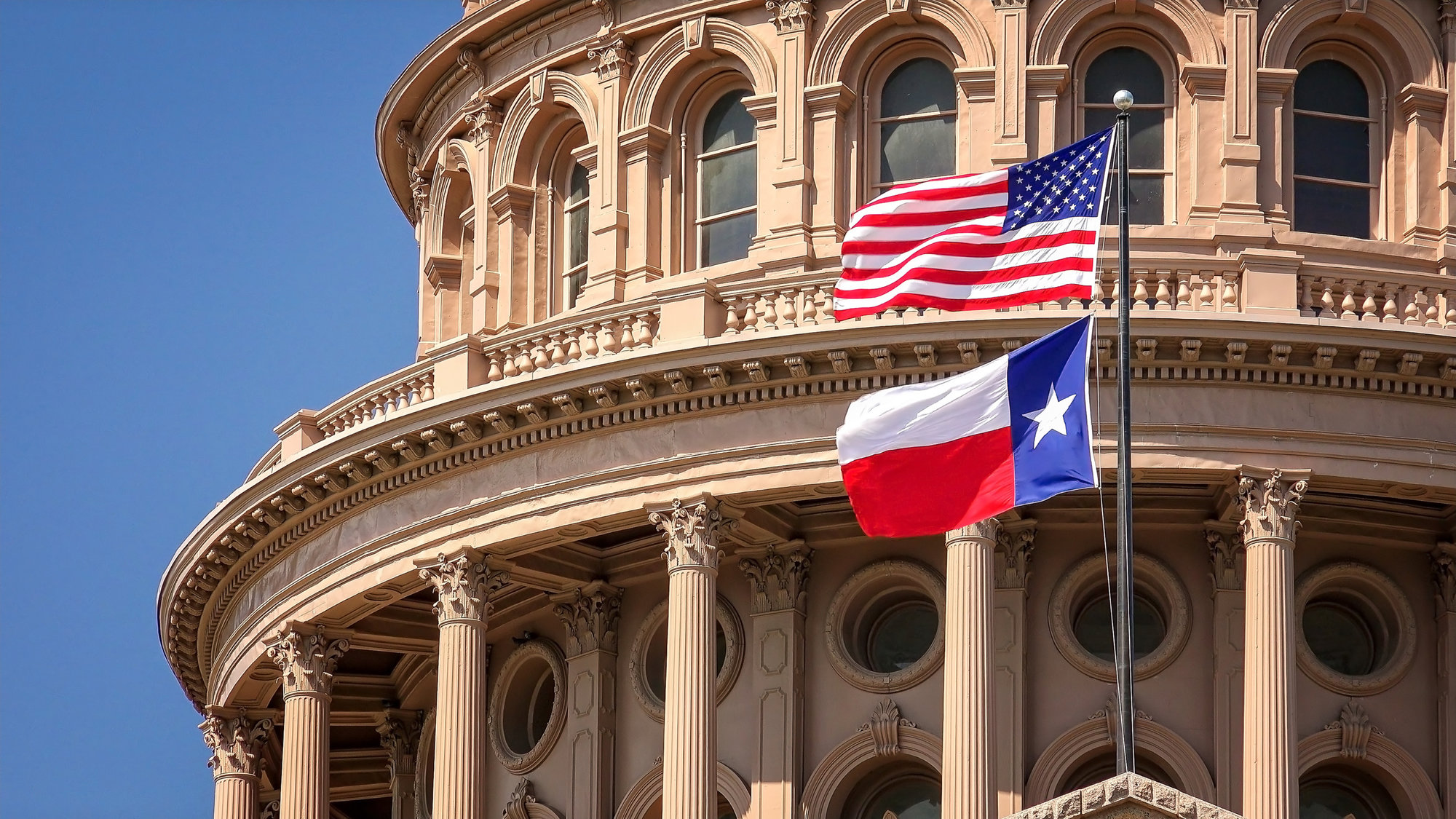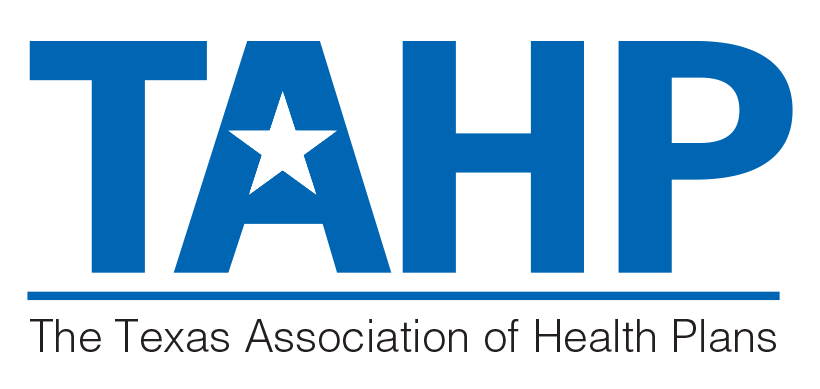
Fri, November 1, 19
TAHP Joins New Learning Collaborative
A group of health sector stakeholders has launched a new learning collaborative designed to help Texas Medicaid health insurance plans develop and implement strategies to address the non-medical, root causes of poor health for patients across the state. The 12-month project will focus on access to healthy food, housing conditions, transportation, and other social factors that often have a direct impact on a person’s health.

Wed, October 30, 19
Texas Health Plans Urge State Congressional Delegation to Delay Health Insurance Tax
The Texas Association of Health Plans recently delivered the below letter to each member of the Texas Congressional delegation urging them to act swiftly to delay the Health Insurance Tax

Fri, October 18, 19
Episcopal Health Foundation, Health Plans, and MCOs Launch Effort to Address SDOH
AUSTIN—The Episcopal Health Foundation, Texas Association of Health Plans, and Texas Association of Community Health Plans jointly launched the Texas MCO Social Determinants of Health Learning Collaborative this week to develop and implement new ways to address social determinants of health (SDOH) in Texas.

Fri, October 4, 19
TAHP CEO Publishes New Op-ed in the Austin American-Statesman
State and national legislators recently turned their attention to an issue that truly needs it: surprise medical billing. Insurers, physicians, and politicians agree we must protect patients from surprise billing in situations where they receive care from a provider they did not specifically choose, such as when they are treated by an out-of-network ER doctor during an emergency.

Fri, September 13, 19
TAHP CEO Publishes New Op-Ed in Houston Chronicle
Surprise medical bills are a major problem nationally, and almost everyone agrees patients must be protected from receiving them. Surprise billing typically occurs in situations where patients receive care from a provider they did not specifically choose, such as when they are treated by an out-of-network ER doctor during an emergency. After treatment, the provider sends a bill to the patient’s insurer, which pays what it determines is appropriate based on market rates. Once the provider receives payment from the insurer, they may send a bill for the remaining balance to the patient. This final bill is called a surprise bill and can saddle patients with unexpected medical bills for thousands or tens of thousands of dollars.

Tue, June 4, 19
New Law Protects Texas Consumers from Having Credit Damaged by Surprise Medical Bills
AUSTIN – Consumer credit reporting agencies are now prohibited from including medical debt collection accounts in consumer reports thanks to Senate Bill 1037 by Sen. Larry Taylor, R-Friendswood, and Rep. Eddie Lucio III, D-Brownsville, which was signed Friday by Gov. Greg Abbott. The law takes effect immediately and represents a major step in protecting consumers from the long-lasting damage that can result from surprise billing in Texas, where patients are at an uncommonly high risk of receiving expensive surprise bills.

Fri, May 24, 19
Texas Legislature Passes Prescription Drug Price Transparency Bill
AUSTIN—The Texas Legislature acted today to keep prescription drug costs down by passing HB 2536 by Rep. Tom Oliverson, R-Cypress, which requires drug pricing transparency by drug manufacturers, health plans and pharmacy benefit managers (PBMs).
